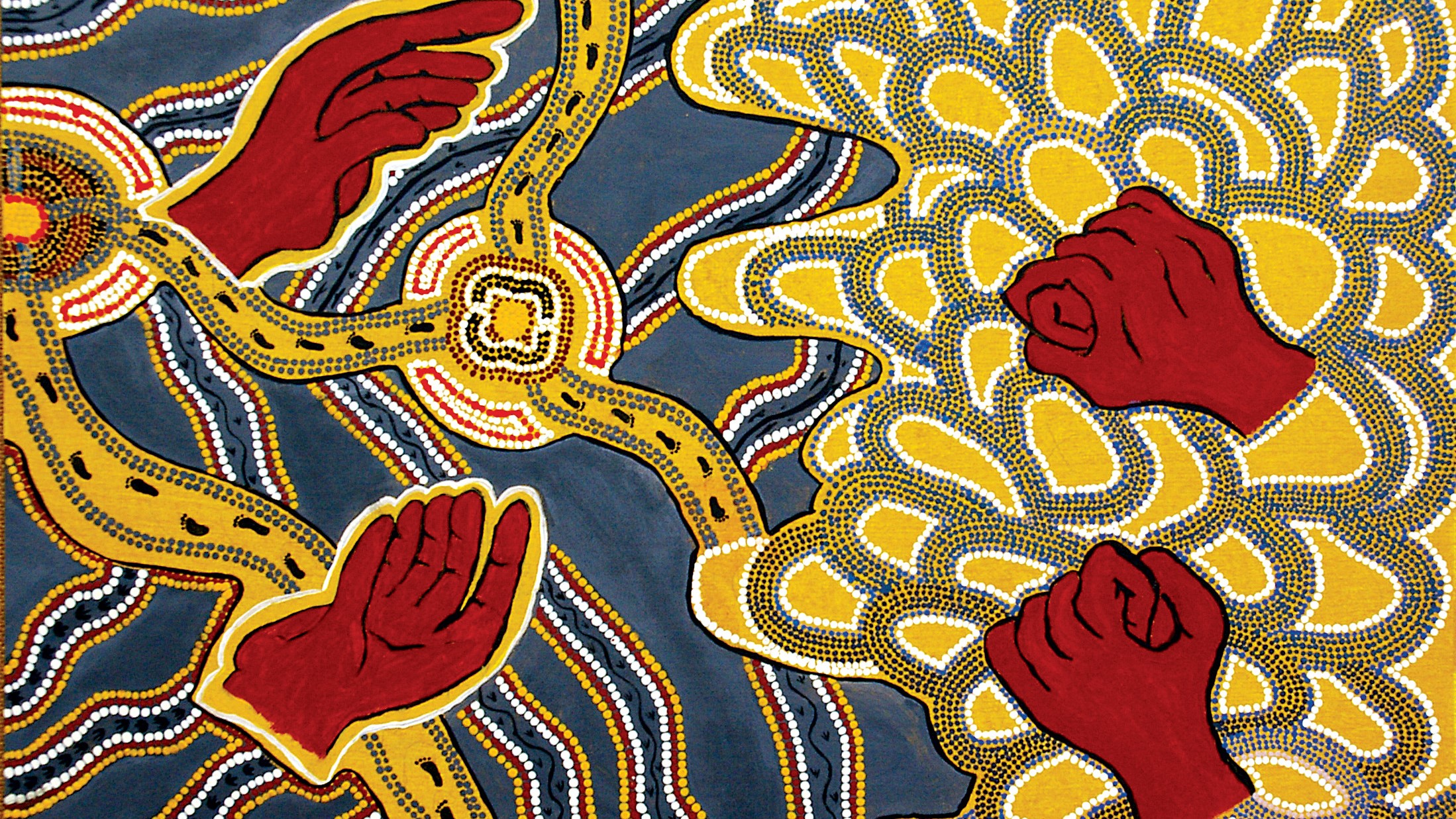Presentation Type
Presentation
Location
The University of Notre Dame Australia, Broome Campus
Start Date
14-8-2019 12:30 PM
Description
While physical isolation in Sanitoria or Leprosarium’s is no longer part of treatment for people with Tuberculosis (TB) or Leprosy infection, other forms of isolation, such as psychological isolation or social exclusion, can still impact significantly on people’s lives today from associated stigma and/or disability. The PeTaL project (Perspectives of Tuberculosis (TB) and Leprosy), is a PhD project that set out with the aim to explore, using qualitative methodology, the lived experience of Kimberley peoples involved in the treatment of either TB or Leprosy since 2012, to understand what works and what could be improved within a culturally secure and person-centred care context. This presentation will cast light on some of the historical aspects of the treatment of TB and Leprosy, coupled with the evolution of Person Centred Care in health, before talking about what this can mean for current health care offered to Kimberley peoples whose social worlds are impacted.
Recommended Citation
Oliver, Stephanie, "‘Isolation no more: Can Person-Centred Care assist inclusion for Kimberley peoples impacted by Tuberculosis or Leprosy infection? A review of the PeTaL project.’" (2019). Talking Heads Seminar Series. 5.
https://researchonline.nd.edu.au/nulungu_talkingheads/2019/schedule/5
‘Isolation no more: Can Person-Centred Care assist inclusion for Kimberley peoples impacted by Tuberculosis or Leprosy infection? A review of the PeTaL project.’
The University of Notre Dame Australia, Broome Campus
While physical isolation in Sanitoria or Leprosarium’s is no longer part of treatment for people with Tuberculosis (TB) or Leprosy infection, other forms of isolation, such as psychological isolation or social exclusion, can still impact significantly on people’s lives today from associated stigma and/or disability. The PeTaL project (Perspectives of Tuberculosis (TB) and Leprosy), is a PhD project that set out with the aim to explore, using qualitative methodology, the lived experience of Kimberley peoples involved in the treatment of either TB or Leprosy since 2012, to understand what works and what could be improved within a culturally secure and person-centred care context. This presentation will cast light on some of the historical aspects of the treatment of TB and Leprosy, coupled with the evolution of Person Centred Care in health, before talking about what this can mean for current health care offered to Kimberley peoples whose social worlds are impacted.





